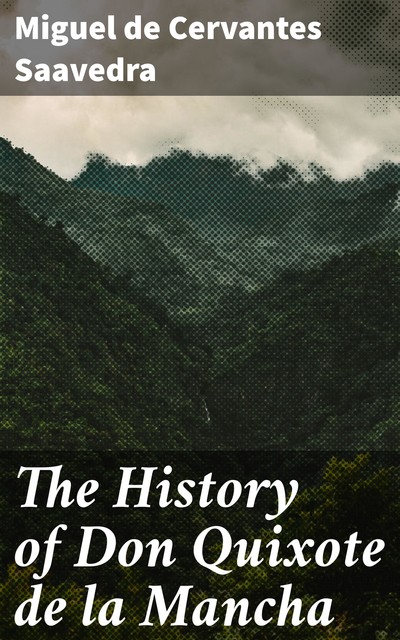In “The History of Don Quixote de la Mancha,” Miguel de Cervantes deftly weaves a rich tapestry of satire and adventure, exploring the nature of reality and illusion through the misadventures of its titular character, an aging gentleman who becomes enamored with the chivalric ideals of knighthood. Written in the early 17th century, this monumental work employs a distinctive blend of prose and dialogue, showcasing Cervantes'Äô innovative narrative techniques, such as the use of unreliable narration and metafiction. The novel is not merely a comedy; it is a profound commentary on human ambition, delusion, and the power of imagination within a growing modern world, poised at the cusp of the Enlightenment. Miguel de Cervantes Saavedra, often heralded as the father of the modern novel, drew from his tumultuous life experiences, including military service, imprisonment, and financial hardships. These challenges imbued him with deep insights into the human condition, which resonate powerfully in “Don Quixote”. Cervantes'Äô own encounters with societal norms and his critique of contemporary literature underscored the novel'Äôs enduring relevance and inventiveness. Readers seeking a blend of humor, philosophy, and social commentary will find “The History of Don Quixote de la Mancha” an indispensable addition to their literary repertoire. This timeless work challenges our perceptions, inviting reflection on the thin line between sanity and madness, inviting us to embrace our quests for meaning in a complex world.


